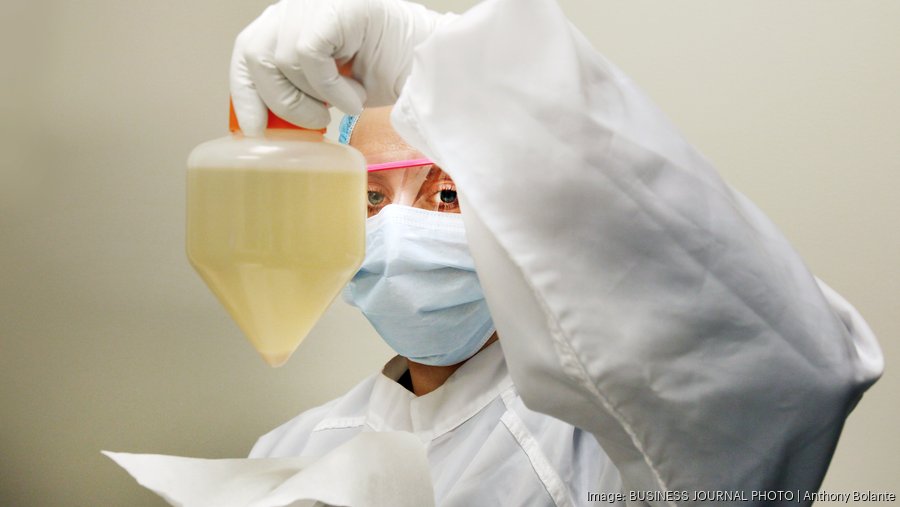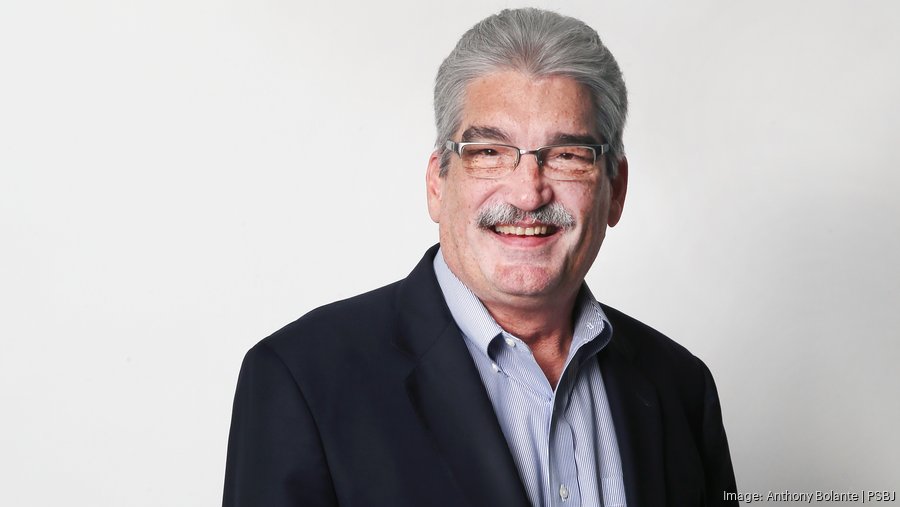Gary Gilliland is the president and director of Fred Hutchinson Cancer Research Center. He came on board in 2015 and is responsible for setting the strategic direction at Fred Hutch and overseeing center-wide initiatives. Just six months after he was hired, he also made the bold statement that the nonprofit research group will generate curative treatments for most, if not all, cancers by 2025. Since he was hired, he increased faculty 20 percent, adding a net total of 40 faculty to bring the total count to nearly 240 people, and saw federal grant funding to the organization increase by 48 percent. Last year, the organization acquired the Lake Union Steam Plant building, which was the former location of ZymoGenetics, to enable further growth of its research footprint.
Gilliland plans to step away from the leadership role at the Hutch next year to make way for a younger, more diverse leader to take Fred Hutch into the future.
Why are you leaving? Leading Fred Hutch these past five years has been the high point of my career. It has been the best job of my life, one in which I have been able to bring my experience in academia and industry to support the mission of the Hutch to cure cancer and related diseases. Over the past five years, we’ve accomplished so much. And so, this is the perfect moment to recruit a new president and director. The best leaders understand the importance of placing the organization first and of effective transition and succession. I believe it’s time to open the door to a leader who can guide the organization into the next decade.
What do you wish you could have accomplished before stepping down? One critical area in which we need to make more progress is in continuing to foster a culture of diversity, inclusion and equity. Today, women lead four of five scientific divisions at the Hutch, hold 12 of our 25 endowed faculty chairs, and more than half of our administrative vice presidents are women. Two years ago, I became the first U.S. cancer center leader to sign the CEO Action for Diversity and Inclusion pledge. We’ve also created a Faculty Committee of Diversity and Inclusion, launched the annual Eddie Méndez Symposium focusing on recognizing excellence in science led by underrepresented minority scientists, and hired our first director of diversity and Inclusion and our first faculty director of diversity and inclusion. We’ve set an expectation that Fred Hutch be an inclusive space that fosters a collaborative environment. But I believe there’s more work to do on this journey.







An inside look at the Fred Hutchinson Cancer Research Center cell processing lab.
What is next for you? While I’m stepping down from my full-time role, I’ll continue to serve as president and director emeritus and work to support our mission. I’m also looking forward to having a little more time to spend with my wife of 39 years and play more piano.
Why do you think the Seattle area hasn’t been able to get to the level of say Boston when it comes to our health care/biotech sector? I know Boston well having trained and spent much of my academic career there. Seattle has extraordinary potential to be world-leading in cancer research. To use an overused analogy, because of our fortunate geographic proximity to the largest tech companies in the world, and their leaders, we can skate to where the puck is going to be. Data science and artificial intelligence will certainly drive the next quantal advances in cancer biology and treatment. The “intersections of innovation,” to use a phrase coined by our board of trustees chair Matt McIlwain, in the technology and life sciences sectors, will continue to drive growth in our regional health care and biotech companies. We will be known as the epicenter for developing cures for cancer, just as we’re known for airplanes, software, coffee, e-commerce — and rain.
How do we get there? Collaborations are essential. If we’re going to cure cancer and other life-threatening diseases, we must work together. These challenges are far too great for any one sector to solve alone. That’s why I’m so excited about these cross-sector collaborations. They help us analyze and use data in new ways that ultimately will bring discoveries to patients faster. The pace at which technologies are developing, data are generated and new scientific discoveries are made means we have to work together to take full advantage. And it’s amazing what can happen when we do. When biologists sit down with software engineers, for example, and bring their very different perspectives and expertise to a common challenge, it’s magic.
What is one thing you think could instantly improve the health care system in the state? Addressing existing health disparities would have a significant impact on our current health system.
Is there a story or an instance from your upbringing that impact the career path you chose? As a physician, I took care of a 42-year-old mother of two with acute myeloid leukemia when I was in training at Harvard Medical School. She died from complications of her disease and our cytotoxic chemotherapies. I wish we had been able to cure her cancer, but our inability to help her and her family in their time of greatest need was transformational for me. Based in part on that personal experience so many years ago, I vowed to devote my life and career to ensure that others like her would not die. We still have much work to do.
What advice would you give someone trying to make their way in health care? I cannot speak to all of health care, but every one of us has a personal experience with cancer. Whatever one aspires to in health care, keep the patient at the fore. Someday it could be you or a loved one — about one in three people in their lifetime will develop cancer. Do all that you can today to make a difference. It matters, it makes a difference, it will have an impact.
This interview has been edited for length and clarity.
Gary Gilliland
Title: President and director Fred Hutchinson Cancer Research Center
Career: Vice dean and vice president of precision medicine, University of Pennsylvania Perelman School of Medicine; senior vice president and global oncology franchise head, Merck Research Laboratories; director of the leukemia program, Dana-Farber/Harvard Cancer Center; professor, Harvard Medical School and Harvard University; Howard Hughes Medical Institute investigator
Age: 65
Education: Bachelor’s degree in bacteriology from the University of California, Davis; doctorate in microbiology from the University of California, Los Angeles; medical degree from the University of California, San Francisco
Boards: LabCorp





